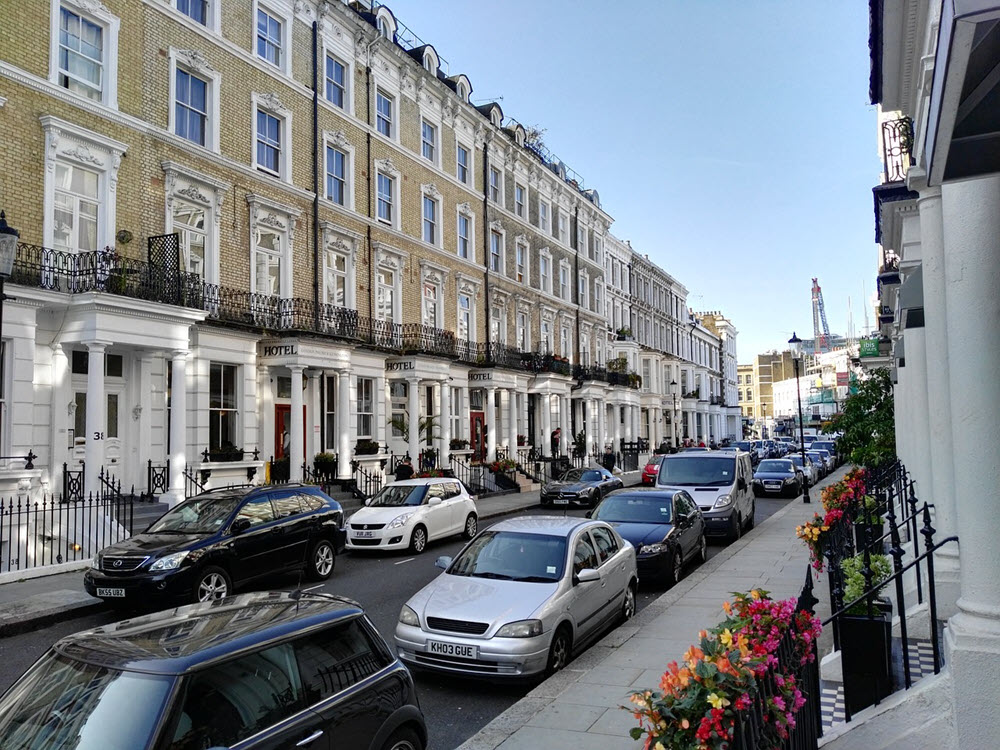Issues identified by a residential property survey
by
You can, of course, just go ahead and buy a house or flat without any kind of survey. Although if you need a mortgage your lender will almost certainly insist you have a mortgage survey done, simply so they fully understand the risk they’re taking by lending you the cash. One thing that it’s important to remember: a mortgage valuation is not a survey – it’s merely a basic, simple observation of the property designed to pin down its financial worth.
Think about it and it does seem unwise not to have a survey when a residential property survey can reveal so many important facts about the building, sometimes facts that actually make the place less of a good investment than you’d anticipated.
Getting a survey for a house or flat will tell you how much you might need to invest in it after you buy it.
A surveyor’s report nearly always finds issues, especially with older homes, and your report can act as an excellent ‘snagging list’ once you move in, detailing all the things you need to do and helping you put them in priority order.
Here are some of the essential things a residential mortgage survey can highlight, things you may otherwise not notice.
- Your electrical installation – is it safe, fit for the purpose and working safely, does it need t to be rewired?
- Problems with the roof – is it in good condition or in need or repair or replacement?
- Issues with your central heating system – is it safe and fit for purpose?
- Damp problems – things like rising damp, condensation, lateral damp and penetrating damp
- Timber problems – things like dry rot and wet rot
- Anything that requires input by a structural engineer
- Subsidence, landslip and heave
Tips for arranging the best residential property survey
A survey is an excellent idea when you have a specific concern about part of the building, are not 100% sure what condition it’s in behind the scenes, it is unusual or old, listed, damaged, or has non-standard construction like a thatch roof, timber frame or walls made from cob.
A property survey should always be done by a qualified surveyor. Most are members of the Royal Institute of Chartered Surveyors, RICS, so make sure your surveyor is a RICS one. It’s great to find a local surveyor, simply because they will have deeper insight and local expertise – including property values – compared to someone who has never been to the area before.
If the place you’re buying is in any way non-standard or unusual, maybe an actual castle or a thatched place, it makes sense to find a RICS surveyor with relevant expertise and experience. Lastly, bear in mind the cost of a survey goes up in line with the value of the property, simply because there’s usually more to look at.
Which survey type to choose
- A condition Report – survey level one – is the most basic and doesn’t go into much detail. It complements your mortgage valuation and uses a traffic light system to rate various aspects of the property. You also get a summary of the property’s defects and details of any possible risks affecting it.
- A Home Buyers Report – survey only – survey level two – is a more detailed survey and is available with or without a valuation. It tells you about obvious major issues like rot and subsidence but doesn’t involve looking under floorboards or behind furniture, which limits the report’s scope.
- A Building Survey – survey level three – comes from RICS and is the most extensive, with a detailed written report provided at the end. Your surveyor will check the attic, behind walls, between floors and above ceilings and provide advice about repairs as well as estimating costs and timings. It even reveals what happens if you don’t do the repairs, and doesn’t include a valuation or rebuilding cost unless you request them.
- A Home Buyers Report is a survey and valuation including all of the above plus a valuation and insurance rebuilding cost.
- A Home Condition Survey comes from the Residential Property Surveyors Association, not RICS, and involves specialists in residential surveys. It looks at a load of things including broadband speed, damp and boundary problems.
Ready to go?
If you’re in the market for a residential property survey in London, call us in for expert support from highly experienced professionals. We’ll see you right!

 +44 (0)20 3355 7909
+44 (0)20 3355 7909 professional@friendandfalckesurveyors.co.uk
professional@friendandfalckesurveyors.co.uk
